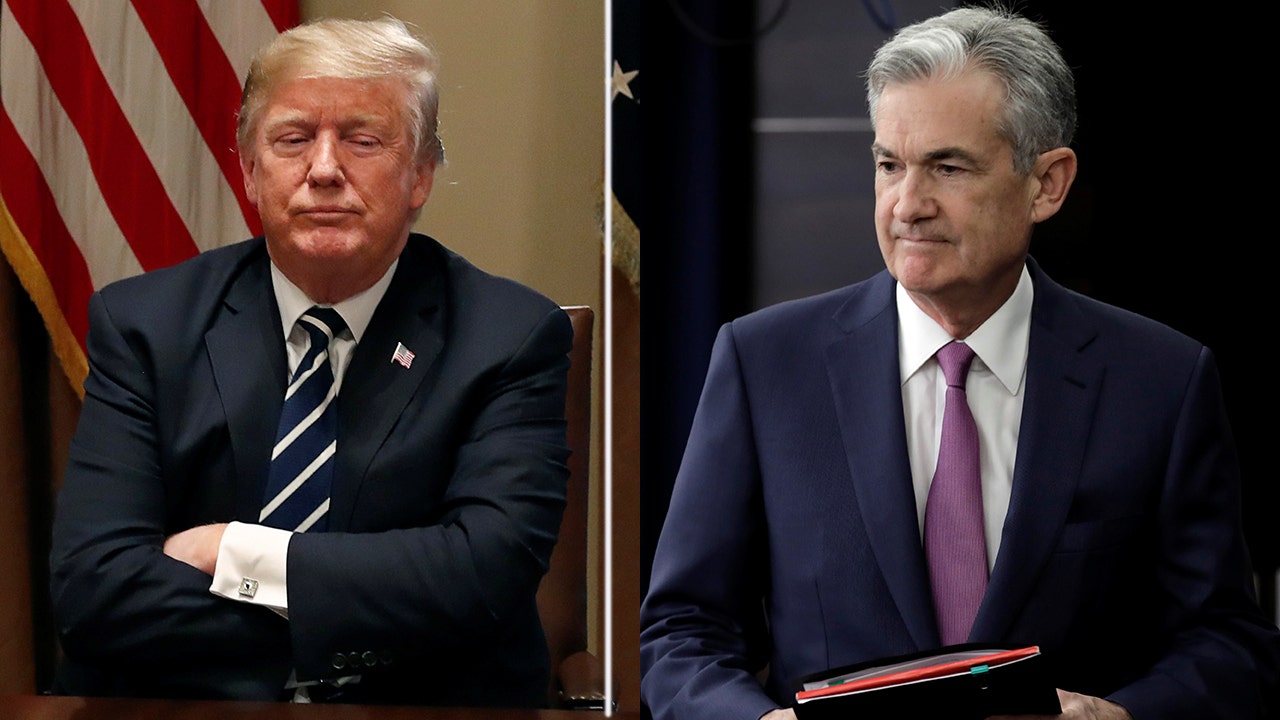
SANYO-ONODA, Japan— Keijiro Nawata, a 38-year-old truck driver, had finished the day’s deliveries and was changing his truck’s oil in the shop one day in June last year when an uncle called saying something was wrong. Mr. Nawata’s mother had received a letter urging her to pay $3,600 in overdue life-insurance premiums, the uncle said.
Mr. Nawata immediately called the insurance office and set up a meeting for the next day, where the news got worse. He discovered that salesmen had persuaded his mother, who suffers from dementia, to take out a dozen policies costing her $2,400 a month—twice her income. She had even been induced to get a $7,000 bank loan to cover payments when she ran out of money.
The company selling all those policies was no fly-by-night operator. It was government-controlled Japan Post Holdings Co. 6178 0.42% , one of the world’s largest financial groups, with trillions of dollars in assets.
“I couldn’t believe it, because I had absolute trust in the post office,” said Mr. Nawata as he showed the pile of contracts with his mother’s shaky signature. “This is very much like the work of gangsters.”
What happened to 71-year-old Yaeko Nawata and tens of thousands of other Japan Post policyholders has now ballooned into the biggest scandal since the company’s partial privatization a decade ago and highlighted the pressure that rock-bottom interest rates may be putting on institutions around the globe.

When longer-term rates are negative—as in Japan and parts of Europe, including Germany—it is hard to profit from the difference between short-term and long-term rates, the bread and butter of banks and insurance companies. The U.S. is also experiencing near-record-low interest rates that some economists believe may last for years.
Japan Post said that over the past five years, it sold some 183,000 policies that may have gone against customers’ interests. The company is conducting an internal investigation of the matter.
Japan Post’s core life-insurance products are more like savings plans because they promise returns to policyholders even while they are living. When interest rates were 5% or 6%, Japan Post could offer attractive plans simply by investing in government bonds and letting the interest compound for decades. Today, savers might do as well stuffing their money under a mattress.
“Because of low interest rates, savings-style insurance is not very popular,” Japan Post Holdings President Masatsugu Nagato said at a news conference July 31.
“It’s now very hard” to sell policies, said Masahiko Suzuki, who has worked as a salesman for three decades at a central-Japan post office. Elderly people, he said, have good memories of the days when the products were more attractive, “so it’s easy to trick them.” Mr. Suzuki said he refused to do that and was a low performer.
One of the salesmen who sold policies to Ms. Nawata, Koichi Tokutomi, raised his voice when The Wall Street Journal called and asked about the case. “Why are you calling only me? I’m not the only person who does this!” Mr. Tokutomi said.
He is still employed at the post office in Sanyo-Onoda, an industrial seaside town with cement factories along the coast. Officials at the post office referred questions to Tokyo headquarters, where a spokeswoman declined to comment on the case.

Japan Post has apologized and said it would do its best to recover customers’ trust. At the July 31 news conference, Kunio Yokoyama, president of Japan Post Co., said, “I strongly regret” that unrealistic goals “put a lot of pressure on our employees.”
The 148-year-old financial behemoth has long been about more than just delivering the mail. With savings accounts and life-insurance policies, Japan Post brought modern finance to all corners of the nation with a network that now includes 24,000 post offices.
Japan Post Holdings Co. went public in 2015 along with its banking and insurance subsidiaries. The government now owns 57% of the holding company, which in turn owns 64.5% of the insurance unit.
As of last year, nearly 90% of Japanese households had insurance policies, with about four per household on average, according to the Japan Institute of Life Insurance.
But the industry has been through a rough period. Several insurance companies went bankrupt around the turn of the century, when the Bank of Japan ’s benchmark rate was headed to zero for the first time. Overall, industry revenue has fallen nearly 40% since 2011, and the number of policies held at Japan Post has fallen by nearly half over the past decade to 29 million.
The insurance institute’s surveys released last year found that while Japan Post’s policies are seen as less attractive, it still received top ratings for trustworthiness.
Many customers are hanging on to lucrative older policies sometimes known as treasure insurance.
Kyoko Okamoto, a 66-year-old who works part time at a parcel-delivery company, said she signed up for insurance when she was 20 and took out a loan from the post office to pay premiums when she was going through a rough patch. She said the terms were favorable by today’s standards and she has been collecting about $9,500 every five years, with the first payout coming at age 60 and the last to come at age 75. “I’m glad that I could manage to cling to it,” she said.

Some sales representatives try to persuade people to exchange their treasures for the insurance equivalent of trinkets: new policies with lower returns. Japan Post says its improper sales methods included charging policyholders twice for overlapping coverage.
Commissions account for 25% of annual income for the median postal salesperson, according to Japan Post, which cut salespeople’s base salaries in 2015 to emphasize incentive pay. Low performers have been sent to training where they were berated and humiliated with comments such as, “You’re useless!” said Kazuhiro Kamon, vice chairman of the labor union for the postal industry. Japan Post spokesman Hideo Murata said such training may have happened in the past but the company now offers proper training.
Share Your Thoughts
What lessons about consumer protection can be learned from Japan Post’s sales practices? Join the conversation below.
At her spacious traditional home, Ms. Nawata, still wipes the wooden hallway floors every day and feeds stray cats that come to her Japanese garden, despite advancing dementia. When her 38-year-old younger son visited on a recent Sunday with a reporter, she said happily to him, “Oh, my goodness, you have become taller!”
According to Mr. Nawata, two salesmen visited his mother in May 2017, a month after Japan Post Insurance 7181 0.26% raised some premiums to reflect lower expected interest rates. Among the policies she was induced to buy were two from Aflac Inc. AFL 0.86% The U.S. company declined to comment about Ms. Nawata and said it was looking into sales practices.
It took months for Mr. Nawata and his uncles to sort stacks of papers. They wrote down by hand each policy and each payment.
After half a year, the family managed to cancel all Ms. Nawata’s policies and get back the money she paid.
“I should have paid more attention to my mother. But the bonds with my family are now stronger,” Mr. Nawata said. He used to visit his mother only on weekends, but now stops by after work almost every day.

Write to Miho Inada at miho.inada@wsj.com and Megumi Fujikawa at megumi.fujikawa@wsj.com
Copyright ©2019 Dow Jones & Company, Inc. All Rights Reserved. 87990cbe856818d5eddac44c7b1cdeb8
https://www.wsj.com/articles/how-one-family-fell-intoand-dug-out-ofan-insurance-scandal-11567935000
2019-09-08 09:30:00Z
CAIiEKGe49hpKVv6E3C542ex7MoqGAgEKg8IACoHCAow1tzJATDnyxUwmK20AQ





